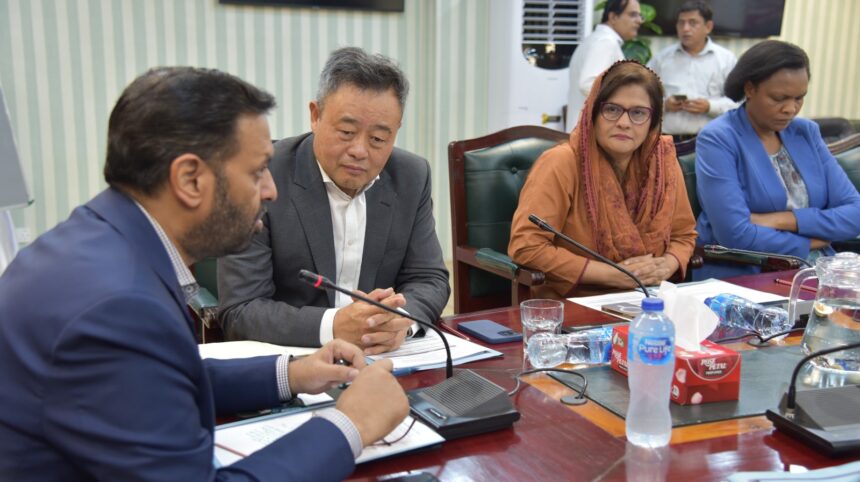Pakistan and the World Health Organization (WHO) have announced plans to intensify hepatitis C prevention efforts, targeting the prevention of 1.1 million new infections and 850,000 deaths by 2050. The new strategy is expected not only to save lives but also to provide significant economic benefits, with an estimated savings of 3.3 billion Pakistani rupees over the next five years through reduced treatment and hospitalization costs.
Federal Health Minister Syed Mustafa Kamal underscored the urgency of the mission while leading an event marking World Hepatitis Day. Joined by WHO officials and other health experts, he pledged that the government and its partners would spare no effort in combating the hepatitis C epidemic. Describing the campaign as a national commitment and mission, Minister Kamal called for immediate action, citing the millions already affected by the disease and the many more at risk each day.
During the event, WHO representatives highlighted the powerful return on investment in hepatitis prevention, stating that every dollar invested could yield an elevenfold economic return. Data shared at the gathering projected that by 2030, the implementation of the Prime Minister’s National Programme for the Elimination of Hepatitis C could save 150,000 lives, prevent 210,000 new infections, and avoid tens of thousands of cases of liver cancer and cirrhosis.
Dr Dapeng Luo, WHO Representative in Pakistan, emphasized the critical need to focus on prevention, while also continuing efforts in detection and treatment. He noted that every 30 seconds, someone worldwide dies from hepatitis-related complications, urging unified action to break the cycle of disease transmission in Pakistan.
Pakistan faces the world’s highest burden of hepatitis C, with about 10 million cases. Annually, 110,000 people in the country are newly infected, fueled largely by unsafe medical practices and injection drug use. Unsafe medical injections, including blood transfusions, account for about 62% of new cases, while injection drug use is responsible for 38%.
Under the “Let’s break it down” campaign, WHO has called on leaders to simplify and integrate hepatitis services into existing health systems. This includes expanding vaccination programs, promoting safe medical procedures, supporting harm reduction, and scaling up testing and treatment across the country.
The Prime Minister’s National Programme for the Elimination of Hepatitis C sets ambitious goals: testing half of the eligible population—roughly 82.5 million people aged 12 and above—and ensuring that 5 million people receive treatment by 2027. The WHO reinforced its commitment to supporting Pakistan in this major public health endeavour, aiming to eliminate hepatitis as a public health threat by 2030.











